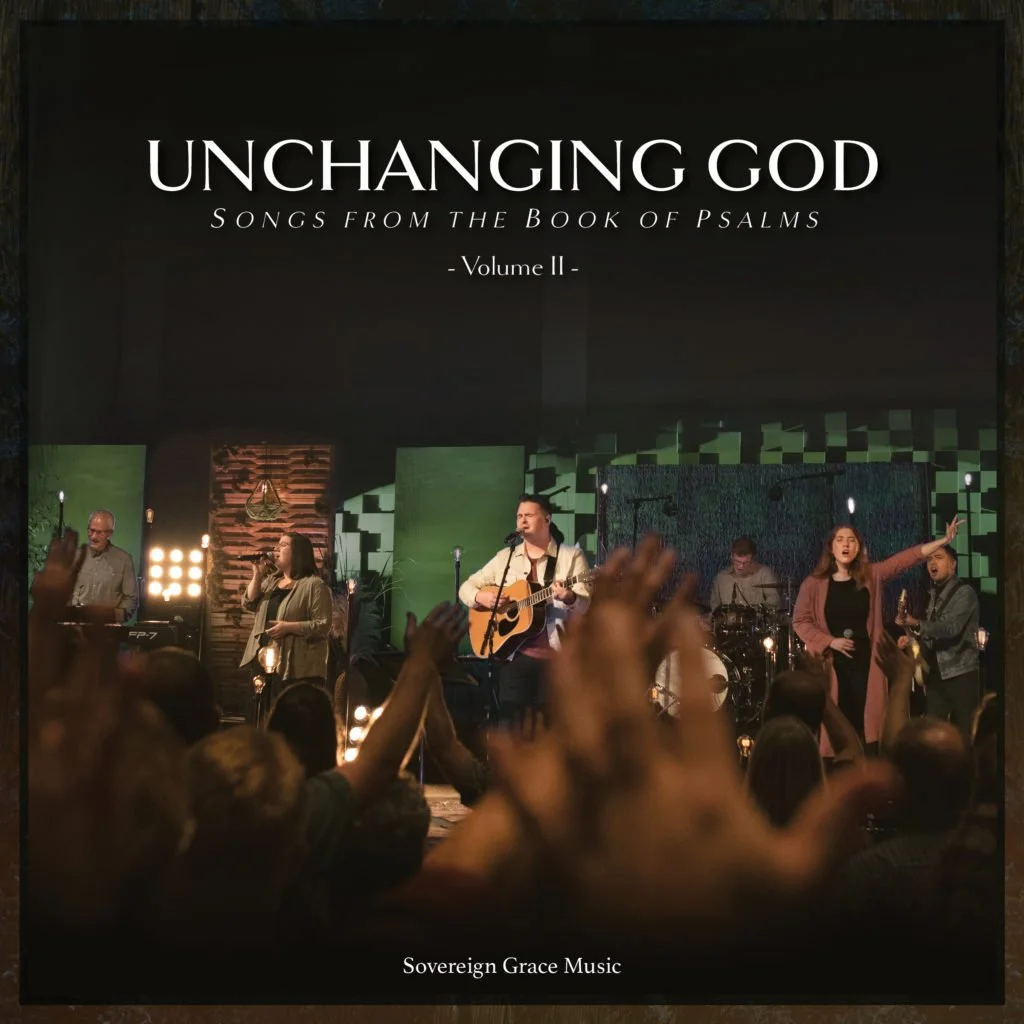It’s easy to forget who we are in Christ, why we exist, what we are called to, how we are able to live for Jesus, and where this is all going. We need to be coached up in Christ. We must be encouraged, challenged, and spurred on in our faith and walk with God. Psalm 100 does that by coaching us up. Below is an outline summary of the sermon for your further study and deeper reflection.
SERIES: Sermons in the Psalms
TEXT: Psalm 100
TITLE: A Fountain of Unstoppable Praise
PREACHER: Derek Overstreet
BIG IDEA: When God's unfailing love rules our hearts, unstoppable praises will pour from our lives.
POINTS:
1. God Created Us
2. God Redeemed Us
3. God Keeps Us
SERMON EXCERPTS:
All quotes are taken from the pastor’s notes.
”Our lives are living fountains of something. What? The more we know God. The more we pursue Christ. The more we rely on the Spirit. Our lives will be a fountain of unstoppable praises, not to us but to the glory of God.”
“In just five short verses, we find seven clear imperatives. These are not suggestions. They are not optional. They are not negotiable. They are not debatable. They are commands. From singing and serving to gathering and giving to thinking and thanking, God says—Do these things. At the same time, these seven imperatives do not stand alone. They are attitudes of the heart—outward expressions of an inward heart disposition toward God.”
“We don’t just make a noise; we Make a JOYFUL noise. The Hebrew word there means glad shout as a king’s subjects would do as he entered their presence. We don’t merely serve with our gifts; we Serve the Lord with GLADNESS. We don’t merely gather together on Sundays; we Enter His gates with THANKSGIVING. Actions and Attitudes.”
“It reminds us that faith takes root in our hearts but enters through the mind. Our thanksgiving, serving, singing, and gathering are intelligent. Our faith is not blind. It’s not subjective. We live how we live before God because we know and continually know something objectively true—Our God, the God of the gospel, He is God!”
“It is impossible to truly know ourselves apart from knowing God as Creator and ourselves as His creatures. The denial of this reality creates tremendous deception and chaos.”
“…when, Christian or not, we lose sight of the Creator/creature relationship; we become gods in our own eyes, which has enormous implications for how we live. We have ourselves to thank. We serve ourselves. We are accountable to no one. Glory belongs to us. What do we need with God?“
“Now He is not only your Creator; He is your Abba Father. You are His adopted sons and daughters. In His wisdom, this is the imagery God chose to describe His relationship with you—what a gift! …You don’t just know God intellectually; you know God intimately.”
“We praise and thank God with our lives because of what He has done—He has made us, and he has saved us. But there is one more reason—God is faithful to keep us.”
“God is always in control of your life. The righteousness and blood of Jesus is always sufficient for your salvation. The Spirit that lives in you can always do more than you can ask or imagine. And this will never change because God never changes, and He has promised to keep you until the end. In Christ, God will never leave you nor forsake you. He will always be good to you. He will always love you! He will always keep you—all the way to heaven!”
ADDITIONAL SCRIPTURE:
Romans 12:1
Psalm 23
Hebrews 4:14-16
QUOTES:
James Montgomery Boice - “It is only when we know God as our Creator that we know ourselves as His creatures and find ourselves appropriately thankful to Him.”
John Stott - “What can our worship be but joyful? Away with funeral faces and doleful dirges! Joy, gladness, and singing are to be the accompaniment of worship.”
James Montgomery Boice - “If there is no other reason why we must be thankful to God, it is because He has both made us and redeemed us. No one should be more thankful to God than the sheep who are cared for by the Good Shepherd.”
APPLICATION:
Are you waiting for God to do something to be thankful to Him? Are you waiting to be convinced that our gathering should be a noisy celebration from the heart? Are you waiting for a particular blessing to unleash your unrestrained praises to God? The wait is over. God created you, and He redeemed you—Let the praises begin!
The Lord is good; his steadfast love endures forever. When that reality rules our hearts, unstoppable praise will pour from our lives.





















